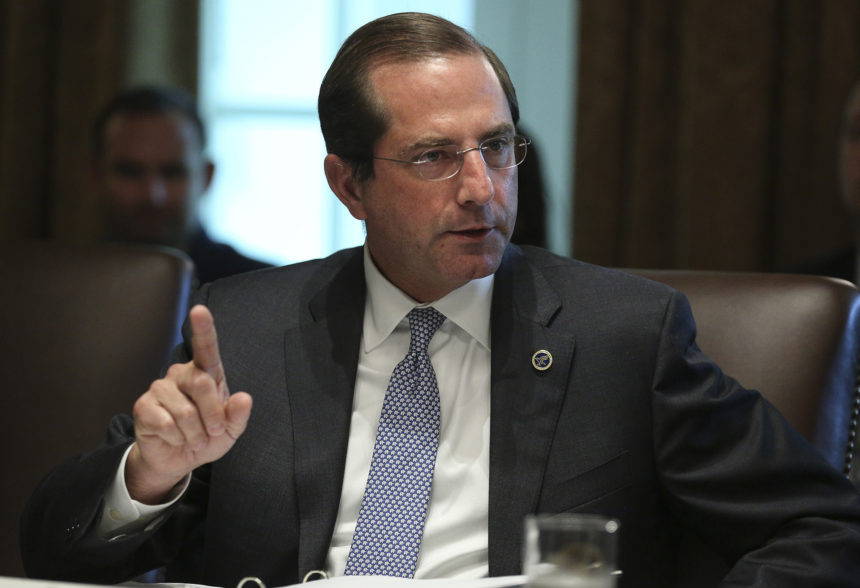
Provider groups are finding more troubling features in President Trump’s 2020 budget proposal. Among the newfound concerns: the elimination of Medicaid provider taxes, a new payment system and bad-debt coverage.
These add to previously-stated worries about plans to introduce Medicaid block grants, and generally trim future payments from the Medicare and Medicaid programs.
The provider tax elimination would trim payments, as it would reduce the pool of funds that are used to determine matched funding for providers.
“We remain strongly opposed to this proposal, which would take billions of federal dollars out of the program at a time when many states are struggling to fund essential long-term services and supports covered by Medicaid,” said Barbara Gay, vice president of policy communications for LeadingAge.
A unified payment system would lead to across-the board funding reductions for skilled care operators, home health agencies and other post-acute providers, Gay added. That pay switch would reduce Medicare spending on post-acute care by $101.2 billion over the next decade, alongside cutting reimbursement for bad debt from 65% down to 25%.
The American Health Care Association said its members are also concerned about plans to make Medicaid managed care waivers permanent, said Mike Cheek, senior vice president of reimbursement policy. He said his organization also has “significant concerns about further reduction or Medicare coverage of bad debt.”
Health and Human Services Secretary Alex Azar defended the proposed changes during several congressional hearings this week.
“I just don’t believe we’re spending too little money on healthcare: We’re spending too much but we’re spending in the wrong way,” Azar said.
In all, the budget proposal would trim Medicare spending by $811 billion in the next 10 years.




